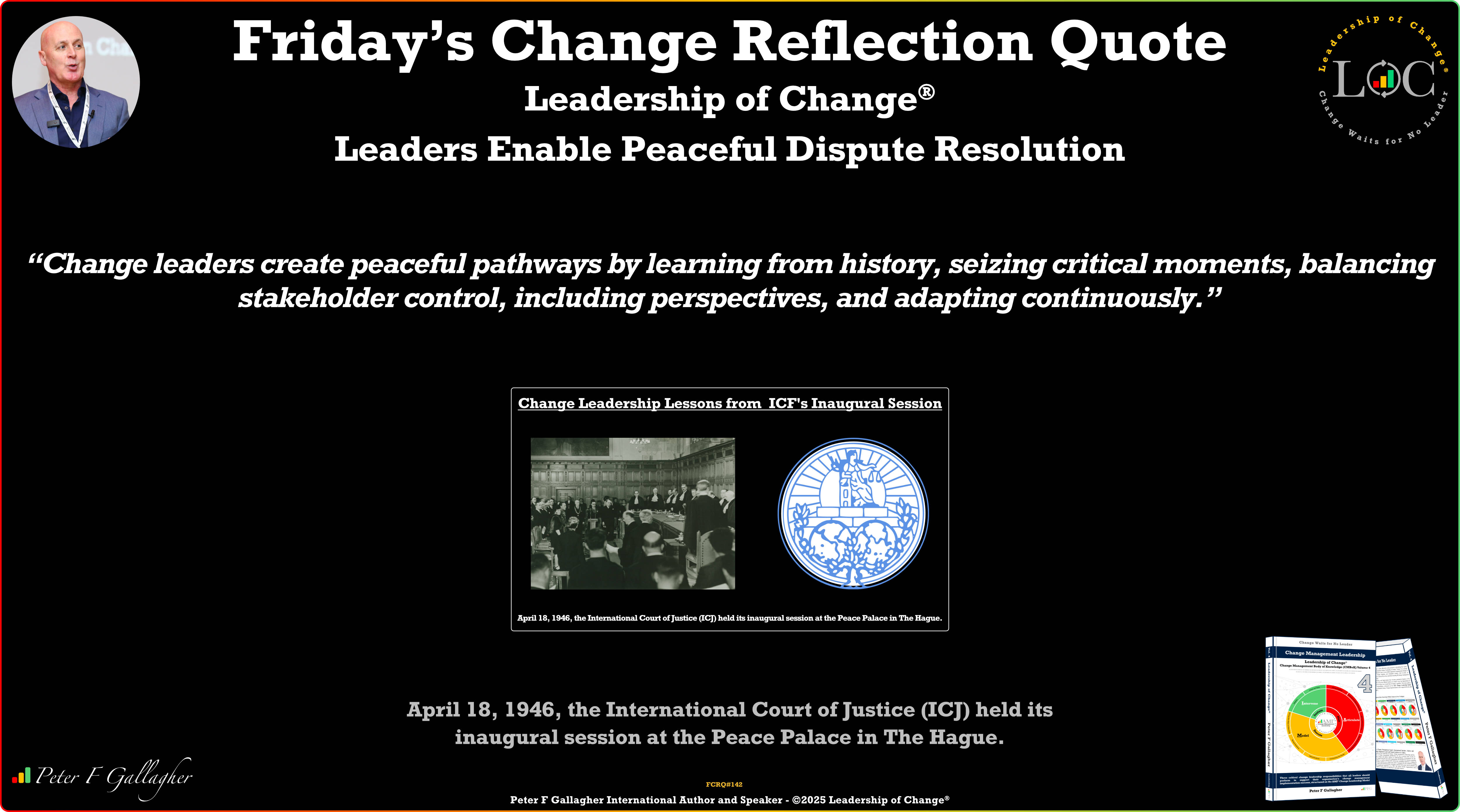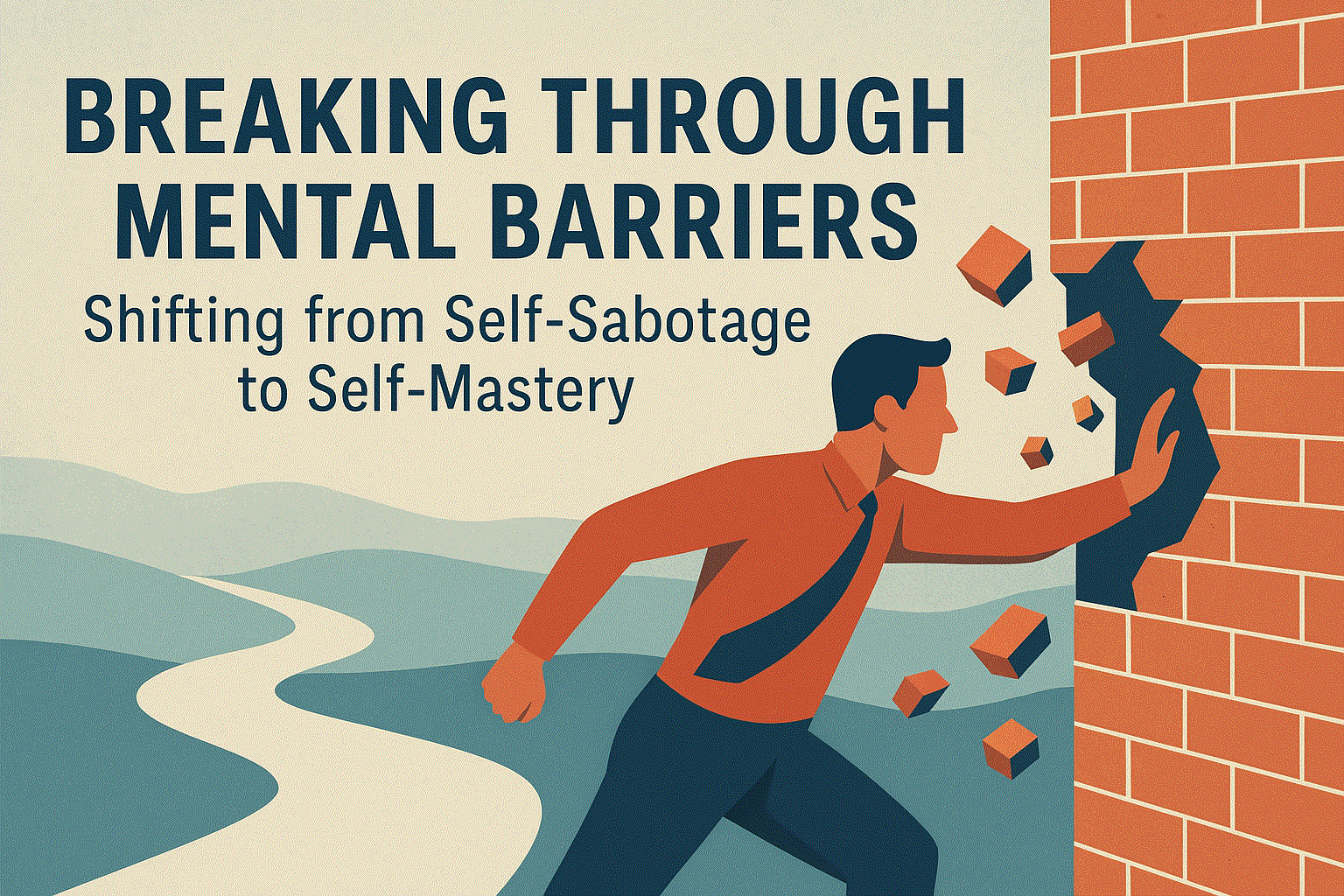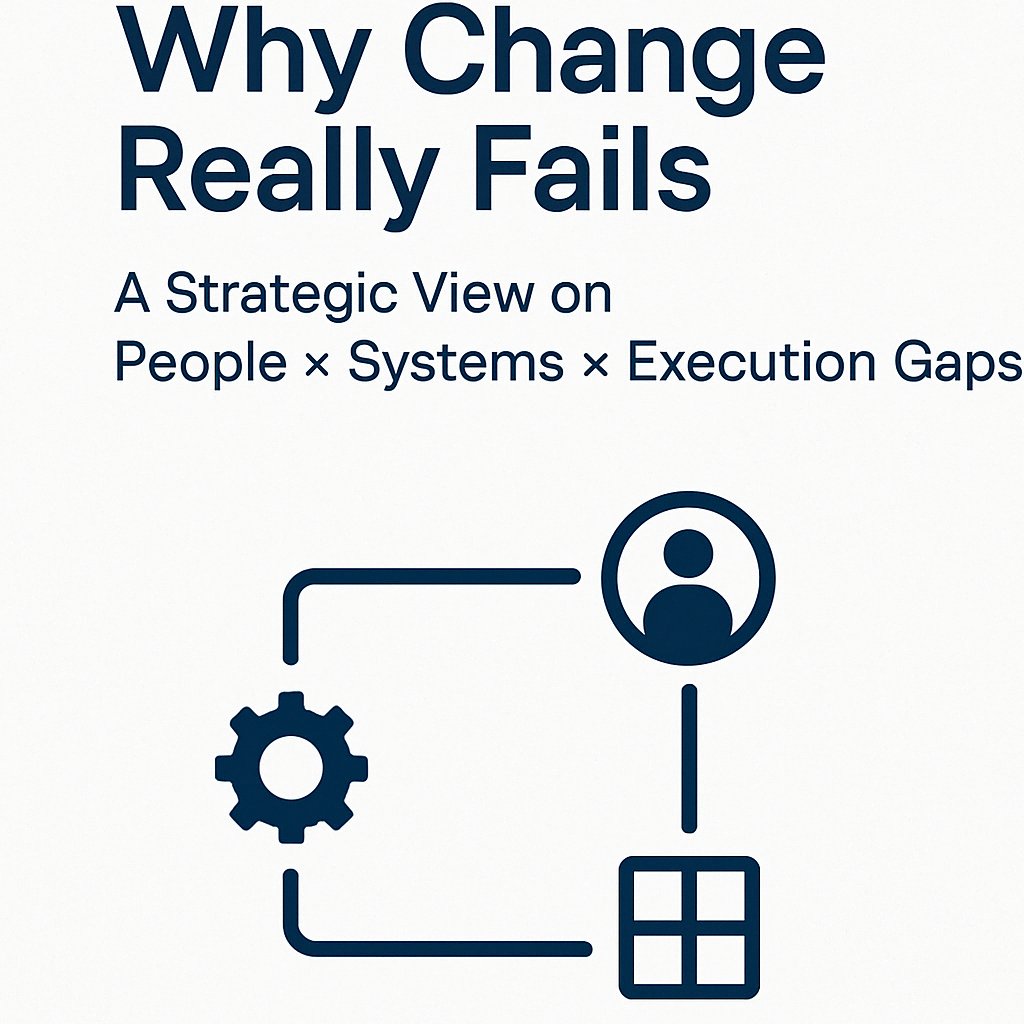Jun10

Nowadays, companies must compete on purpose, authenticity, and organisational structure to win talent. Members of the next generation want to be at a company where work means more than a pay check. They believe work can be an expression of our creativity. Here after some point of view of an outsider.
As a general rule, the slowest thing to change about civilization is human nature. It is easier to upgrade technology, but when it comes to people’s habits and beliefs, change takes time. Focusing in our unconscious patterns allows us to overcome habits that get in the way of our relationships, decisions or careers. In order to create a strong corporate culture and achieve a remarkable success, a company should make enormous transformations, nor only technologically speaking but gaining alignment on the philosophy around the workforce.
It has been mentioned on and on the need to create a family like environment at our workplace. Family life is where we recognise that emotions matter. Good organisations should know how to read and appraise emotions, as emotions are indicators of employee’s passion. Life in an organisation should do the same.
Gaining presence and participating in a family requires a much more cultivating engagement. Families tend to work best when everyone has sufficient context for understanding the group's goals: through vigorous discussion they learn to solve problems as a group and work to help achieve them; more open, inclusive, participatory environment are some of the values we find in family life, values which can help to create more humane workplaces where each individual has the opportunity to fulfil his/her purpose for existing.
Leaders: Leaders’ approach has to be not a “me” successful but an “us” successful company. To do this, they have to open up to all ideas their executives suggest and manage how all together could achieved the vision and mission the company pursues. A manager has to get into the skin of his employees; he needs to understand their minds and hearts so they can excite them about and give purpose to the work. Enlarge the brains and purpose of life of the workers with context and insight and show them how you really feel. Instead of top-down management use a “team of team” approach, aligning on goals on the individual and team levels provide the accountability and business context. Invite them to a philosophy of a common journey to see themselves and each other as positive talented fellow travellers in search of productivity.
A good leader will recognize what actually motivates their staff. Many younger employees put a premium on individuality and are aware that they need to constantly master new skills to stay relevant.
Give your team something to work towards and make them feel like they’re an essential part in the wheel of your business. The wise leader will focus on results and performance, not punching a clock. Indeed, several recent studies, including one by Boston Consulting Group, found that forcing employees to take extended periods of time off actually results in better productivity, giving them the chance to pursue their own projects; employees are encouraged to spend one day a week working on side projects of their choosing, those big thing they want to achieve in life.
The success of a business depends on every manager’s ability to encourage employees to optimise their true potential. The faster staffs find opportunities to develop, the more engaged they will be. Companies that have given key talent room to express themselves, have been rewarded with loyalty and innovation.
Many firms operate personal development schemes not just to share knowhow and company culture, but to bring in fresh ideas. “Externship” program as spending six months working at another firm of their choice is a win-win opportunity both for employees to gain experience and for companies keeping their best people challenged and earning the benefits of the new things learnt, a way to motivate and develop key talent. Encouraging employees to invite outside experts to their working place, or ensuring key staff members attend conferences, or giving employees a birthday bonus for them to spend on any personal development course of their choice, recognising their potential as an employee and as a person.
Employees have a voice in decisions that impact them and the company; consequently, they can give feedback that allows the company to keep improving. Employees most appreciate practical benefits like the possibility to count on training, the company covering some expenses done to better accomplish a task, a fair salary corresponding to the employee’s level of competence, or classes for free. Employees should be given the flexibility and autonomy to find the best way to achieve success and perform their tasks without someone watching over them, of course keeping in mind a responsible attitude towards the company’s goals.
Employees regularly cite company culture as a reason for staying within an organization. The way many companies attempt this is by creating a social community in the workplace.
Training engages employees into the company’s mission, vision, and knows how. They require to constantly attending training that deal into the ins and outs of the company and give them the landscape to understand the impact they can and will have at larger company and team level. In a learning culture it is our reason for being, is all about offering a well knowledge of how the company wants to work.
Objective planning is a universally recognised career development process. Objectives allow you to keep track of your progress and give you some purpose and direction within your role. An objective should embody focus on all facets of an individual, their role within a team, and the larger organization around them.
As a manager, it is absolutely essential you provide this structure for your employees and ensure they’re working towards achieving predominant business goals and aren’t feeling lost. There really is nothing worse than feeling like you have no direction and you’re waiting to be given tasks from the top down rather than able to define your own structure and way of working in order to meet your objectives and contribute to the business goals.
As a manager you have a responsibility to maintain motivation and morale within your team. By setting a clear, measurable, achievable and relevant objective, the worker will be able to clearly outline his/her tasks. You should also set objectives that align with the ‘bigger picture’. This is all about giving your employees purpose. Everybody wants to do something they feel gives them purpose, something rewarding and worthwhile.
When we say “MEAN MORE”, is what we are driving at finding ways to turn those passions into profits. Given the many benefits of a happy workforce—not least, the positive correlation between employee satisfaction and stock performance can get the most out of their people and retain the ones they value the most.
Turn Feedback into Feed forward. With a generation that has practically grown up addicted to constant affirmation via social media is hardly likely to stay motivated solely by annual reviews. Indeed, many big firms have realized that informal and regular feedback trumps the so common annual performance review, when it comes to getting the best out of people.
By David Food
Keywords: Leadership, Risk Management, Supply Chain
 Friday’s Change Reflection Quote - Leadership of Change -Leaders Enable Peaceful Dispute Resolution
Friday’s Change Reflection Quote - Leadership of Change -Leaders Enable Peaceful Dispute Resolution The Corix Partners Friday Reading List - April 18, 2025
The Corix Partners Friday Reading List - April 18, 2025 Breaking Through Mental Barriers: Shifting from Self-Sabotage to Self-Mastery
Breaking Through Mental Barriers: Shifting from Self-Sabotage to Self-Mastery Why Change Really Fails: A Strategic View on People × Systems × Execution Gaps
Why Change Really Fails: A Strategic View on People × Systems × Execution Gaps Beyond the Buzz: What It Really Takes to Build a Business Ecosystem
Beyond the Buzz: What It Really Takes to Build a Business Ecosystem